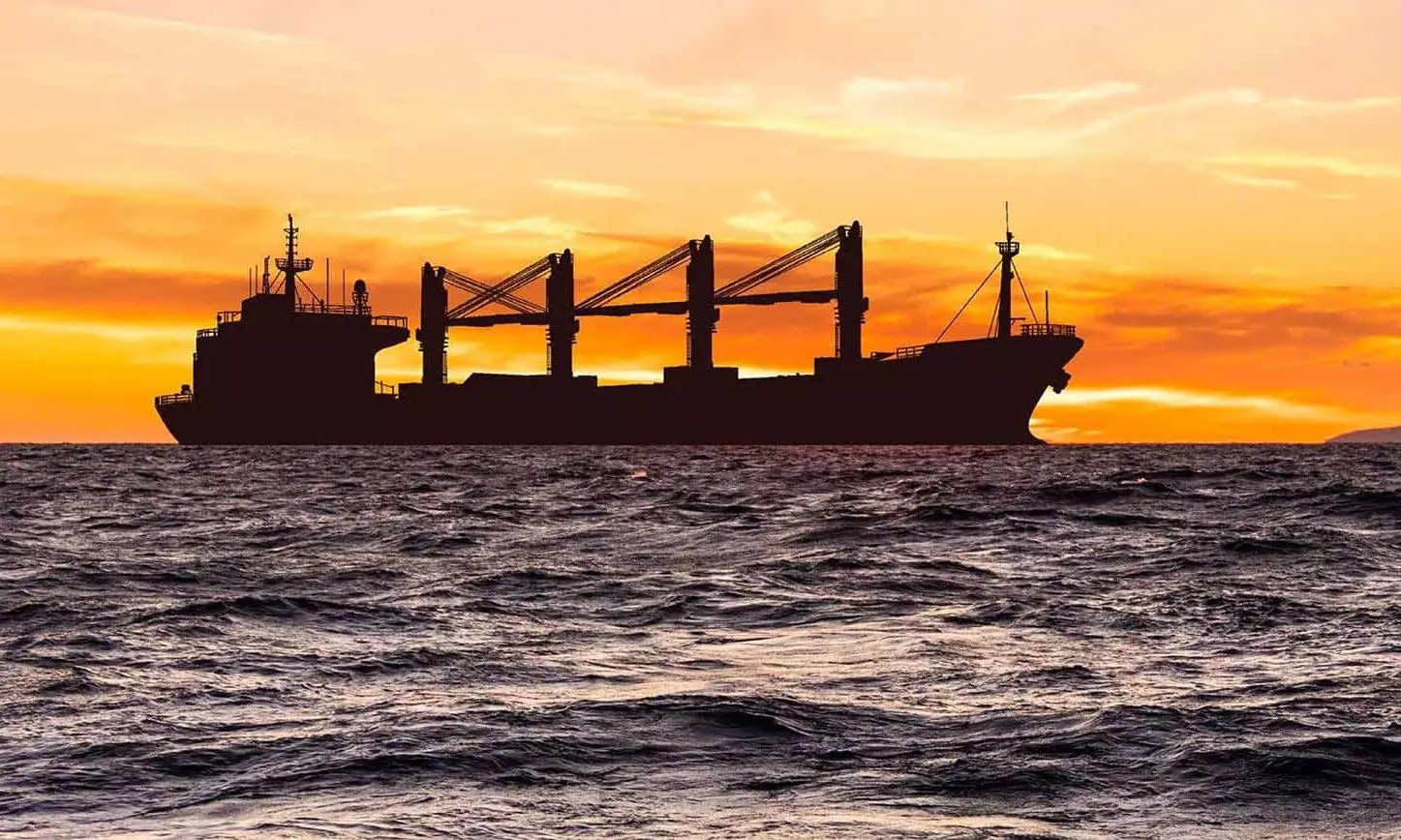Globalisation resilient but threats real; India improves ranking
DHL and New York University’s Stern School of Business released the new DHL Global Connectedness Index 2022, an report on the state of globalization and its prospects.

The latest DHL Global Connectedness Index (GCI) rebutted the notion that a major retreat from globalization is underway and underscored the potential of a more connected world.
DHL and New York University’s Stern School of Business released the new DHL Global Connectedness Index 2022 which shows that international flows have been remarkably resilient in the face of recent shocks such as the Covid-19 pandemic and the war in Ukraine. After a slight decline in 2020, the composite DHL Global Connectedness Index rose back to above pre-pandemic levels in 2021.
India has improved its global connectedness rank by 2 positions to reach 67 out of 171 countries from the previous 69. India is mentioned as the top-ranked partner for Middle East & North Africa with 9 percent of its total flows while also noting that the intra-regional integration of South & Central Asia region is constrained by the animosity between two of its largest economies, India and Pakistan.
"The latest DHL Global Connectedness Index data clearly debunks the perception of globalization going into reverse gear,” John Pearson, CEO of DHL Express, concludes. “Globalization is not just a buzzword, it’s a powerful force that has transformed our world for the better. By breaking down barriers, opening up markets and creating opportunities, it has enabled individuals, businesses and entire nations to flourish and thrive like never before.”
Frank Appel, CEO, Deutsche Post DHL Group, said, "The latest numbers may surprise some readers. They clearly show that international flows have been remarkably robust in the face of today’s headwinds."
However, the report also notes that today’s threats to globalization are real and demand serious attention. For example, the public policy climate has become less favourable for globalization.
Steven A. Altman, senior research scholar and director of the DHL Initiative on Globalization, NYU Stern, said, “It would be a mistake to infer from the recent resilience of international flows that globalization cannot go into reverse. Instead, policymakers should leverage this moment to improve globalization in ways that expand its benefits and better manage its side effects.”
The report has quoted Shaktikanta Das, governor of the Reserve Bank of India, in the globalisation debate who said, “The pandemic and the war has ignited tendencies towards greater fragmentation, reshoring of supply chains and retrenchment of capital flows, which will pose long-term challenges to both globalization and the global economy.”
Geopolitical rivalry between U.S. and ChinaThe Index provides evidence that the U.S. and China are decoupling in many fields. Looking at 11 types of trade, capital, information, and people flows (such as merchandise exports, M&A transactions, and scientific research collaboration), the share of U.S. flows with China declined for 8 out of 11 types since 2016. In the same period, the share of China’s flows with the U.S. decreased for 7 out of 10 types with data available for China. Several of these were large declines.
Nonetheless, the U.S. and China are still linked by far greater flows than any other two countries that do not share a border. Further, the data shows that, so far, the decoupling between these two countries has not led to a broader fragmentation of global flows between rival blocs of countries.
No evidence of trend towards regionalizationAnalyses also show that the average distance traversed by trade, capital, information, and people flows has increased over the past two decades, and trade flows even stretched out over longer distances during the Covid-19 pandemic. The only category that displays a clear recent shift toward regionalization is people flows. This is due to the dramatic change in travel patterns during the Covid-19 pandemic.
Ranking of most globally connected countriesThe Netherlands was again the most globally connected country. Singapore ranked second overall and first in terms of the size of international relative to domestic flows. The UK has the most globally distributed flows. Among the 55 most globally connected countries, there are representatives from every world region.



